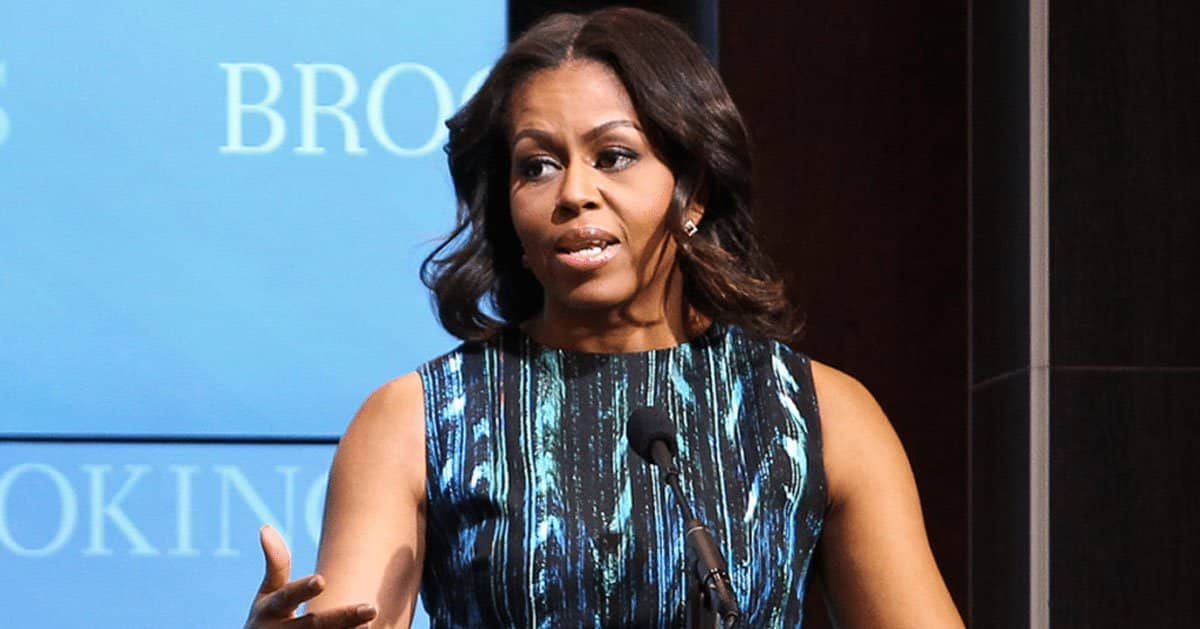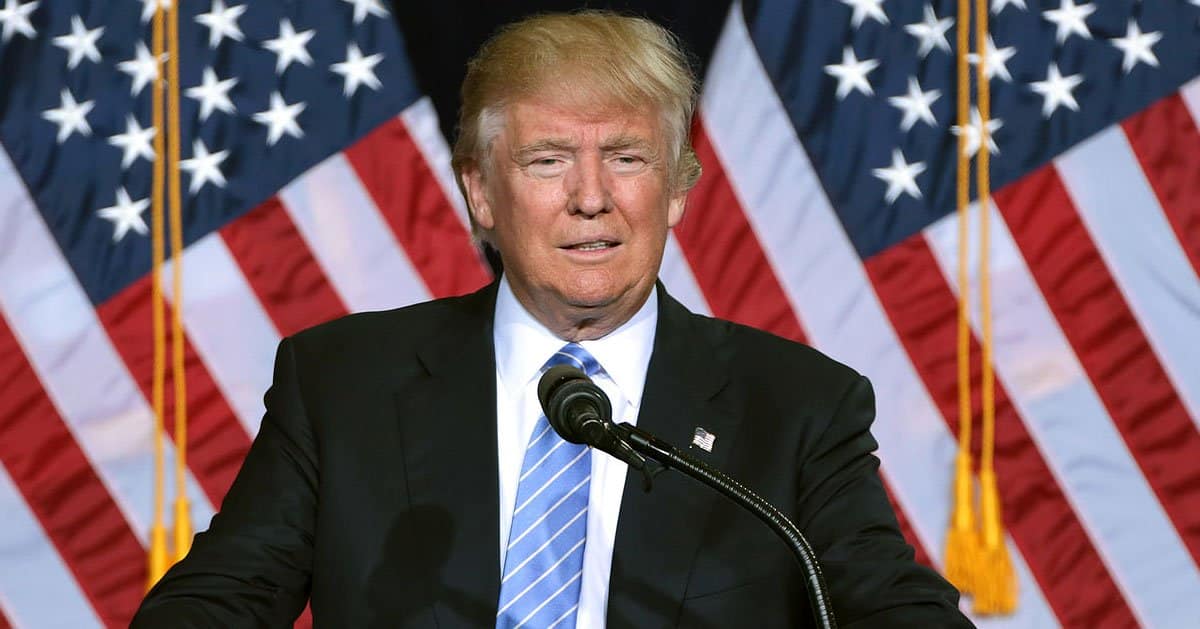







In a controversial ruling, U.S. District Judge Aileen Cannon has dismissed charges against former President Donald Trump, ruling that the appointment of special counsel Jack Smith was unconstitutional.
Judge Cannon's decision has intensified discussions among legal experts about the potential for her removal from the case through an appeals process.
The Daily Caller reported that Harvard Law Professor Laurence Tribe commented on the dismissal, emphasizing the significant implications for the judicial oversight of this high-profile case.
He stressed that the Department of Justice should immediately appeal the decision, which he claims is fundamentally flawed. The left wasn't going to just bow down and take this decision, Judge Cannon is an obstacle to their ultimate goal of taking Trump down.
The ruling, issued from the Southern District of Florida, centered on the constitutionality of Jack Smith’s appointment. Judge Cannon's 93-page decision asserted that Smith's role was not in line with the Appointments Clause of the U.S. Constitution.
This decision arrived on Monday, causing a stir among observers and legal experts who are closely watching the developments. It followed a series of hearings that Judge Cannon presided over in June, where the constitutionality of the special counsel’s appointment was rigorously debated.
Following the ruling, prominent legal analysts such as Norm Eisen and Barbara McQuade have pointed out that this provides a strategic opportunity for Jack Smith. They suggest that Smith could appeal to the United States Court of Appeals for the Eleventh Circuit, potentially leading to a reassignment of the case to another judge.
McQuade, in particular, mentioned that the dismissal could paradoxically benefit Smith, as it allows for an immediate appeal which could challenge not only the ruling itself but also Judge Cannon's continued involvement in the case.
In May, before this recent ruling, MSNBC legal analyst Glenn Kirschner called for formal complaints against Judge Cannon following her decision to indefinitely delay Trump’s trial concerning the handling of classified documents. This earlier decision had already set off a flurry of criticism regarding her handling of the case.
However, on May 22, the Eleventh Circuit declared it would not entertain further complaints about Cannon's conduct in the classified materials case, referring to the over 1,000 complaints filed as part of an “orchestrated campaign” against her.
Jack Smith was appointed by Attorney General Merrick Garland in November 2022 to oversee the investigation into allegations that Trump retained classified material post-presidency. This appointment, now contested by Judge Cannon's ruling, was a pivotal moment in the ongoing saga surrounding Trump’s legal challenges.
Laurence Tribe’s strong reaction to the ruling underscores the contentious nature of this legal battle. "Judge Cannon just did the unthinkable," Tribe stated, arguing that the dismissal was based on a rejected interpretation of the Appointments Clause, one that had previously found support only from Justice Clarence Thomas in related Supreme Court deliberations.
The legal community is abuzz with the potential ramifications of this ruling, not just for Trump, but for the broader landscape of judicial appointments and accountability.
Tribe urges an immediate appeal, highlighting the unusual nature of Cannon's decision and the strong grounds for challenging her continued role in overseeing the case.
As the case possibly moves towards an appeal, the legal principles and precedents involved are set to undergo rigorous scrutiny, possibly setting the stage for significant judicial and constitutional clarifications.
In conclusion, the dismissal of charges against former President Trump by Judge Aileen Cannon has not only cleared him temporarily but has also ignited a robust legal debate about the constitutionality of appointing special counsels and the potential implications for judicial accountability. Legal experts suggest that this ruling provides a crucial opportunity for an appeal that could reshape aspects of judicial oversight in high-profile cases.



